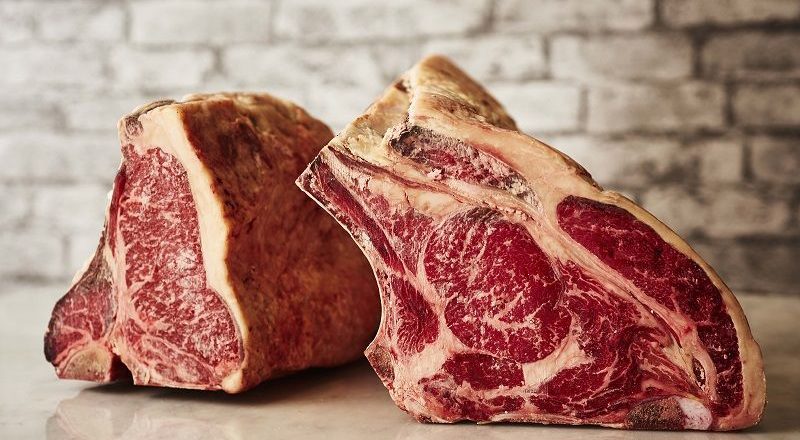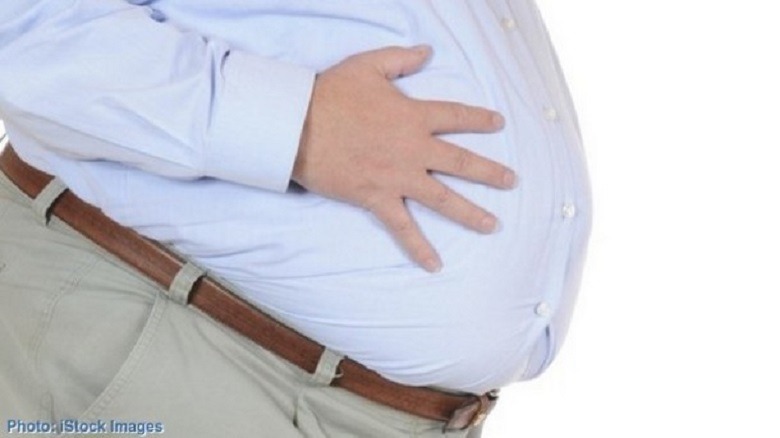
Meat doesn’t make you fat
Is meat fattening? No. On the contrary, it can help if you want to lose weight. Meat is a valuable helper in weight loss and the fight against obesity.
Meat proteins help to use more energy and give a greater sense of satiety than other energy nutrients. Its high biological value proteins, the absence of carbohydrates and the zero glycaemic indexes, and the presence of bioactive compounds that stimulate metabolism are unique features that give meat a functional role in body weight control.
In particular, animal proteins like meat proteins, compared to soy and wheat plant proteins, are the best in boosting muscle building and thus increasing lean mass at the expense of fat. This is due to their completeness in essential amino acids, unlike plant proteins deficient in methionine, leucine and lysine, compromising their anabolic power.
High protein diets are the most effective in weight loss, compared to carbohydrate diets, because they better control hunger and increase the sense of satiety. The opposite happens with carbohydrates, which trigger a “carbohydrate hunger” mechanism: a vicious circle that makes you fat if not controlled.
Proteins are also the macronutrient with the highest thermogenesis power, which is the production of heat and, therefore, the energy expenditure of the organism. To digest the proteins themselves, the body burns many calories, with a 30% thermal effect, against the 8% for carbohydrates and just 2% for fats. For this reason, proteins give a metabolic advantage over other macronutrients because the 30% of energy is used to metabolize them.
#Meat is a valuable helper in #WeightLoss and the fight against #obesity: #MeatProteins help to use more energy and give a greater sense of satiety than other #EnergyNutrients. Click To TweetMeat increases fat metabolism and helps to use more fat for energy thanks to bioactive compounds, such as coenzyme Q10, carnitine, and key minerals in promoting energy metabolisms, such as calcium, zinc, copper and iodine, which promote weight loss. B vitamins and CLA in meat, the Conjugated Linoleic Acid, are also involved in lipid metabolism and, together with carnitine and taurine, help to reduce blood cholesterol.
The zero glycaemic index of meat is another feature that avoids glucose peaks in the blood, which are responsible for insulin synthesis and fat production. It has been shown that consuming too little meat in lower doses than recommended predisposes a greater risk of being overweight and obese. Moreover, taking too low and insufficient protein intake makes it easier to recover the lost pounds, nullifying the efforts made.
And don’t think that only thin cuts have this power. On the contrary, it may surprise you that meat fat also helps keep your weight under control. This is due to its satiating properties and intervention in regulating hormones controlling appetite. And for its bioactive compounds in its fat, like coenzyme Q10, increasing fat metabolism.
For these reasons, meat, both poultry and red meat, within a varied and rich vegetable diet such as the Mediterranean Diet, makes the difference if you want to achieve an effective, healthy and, above all, lasting weight loss over time.




